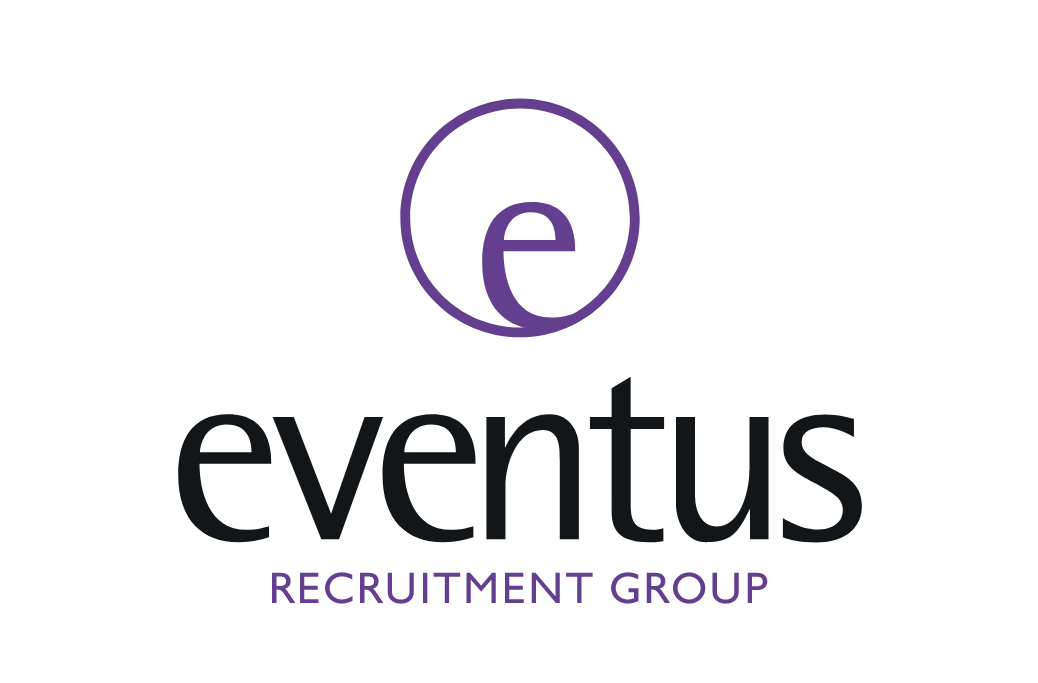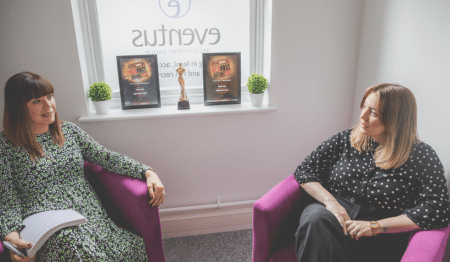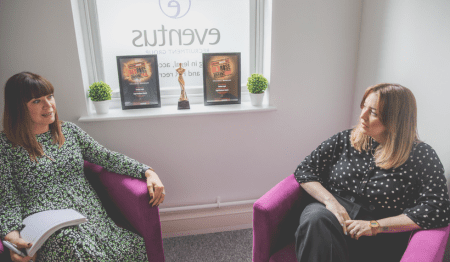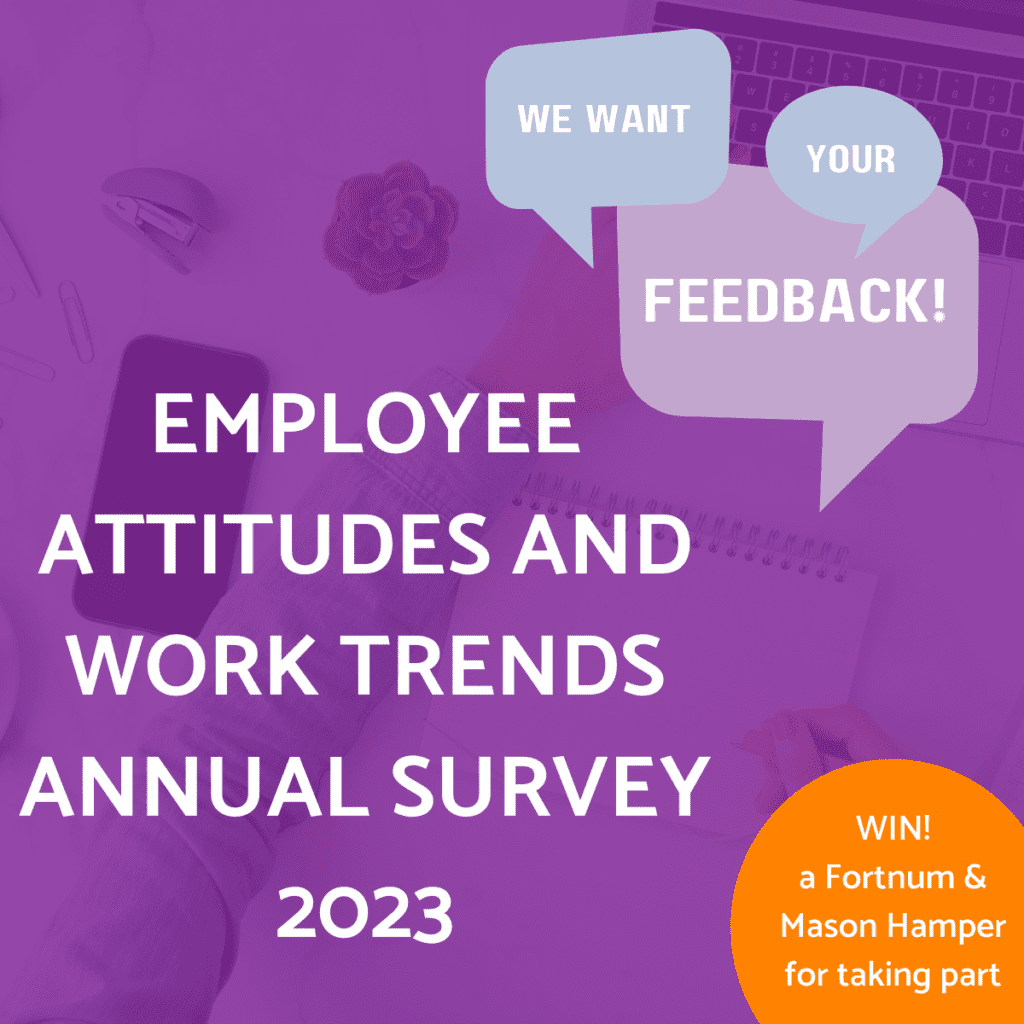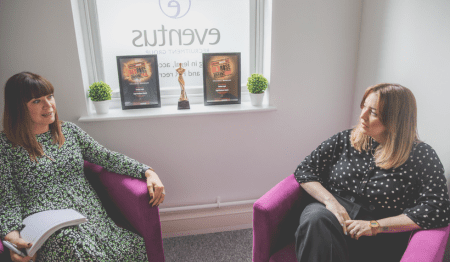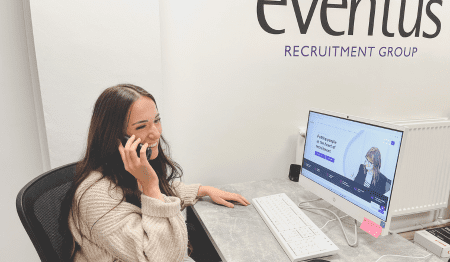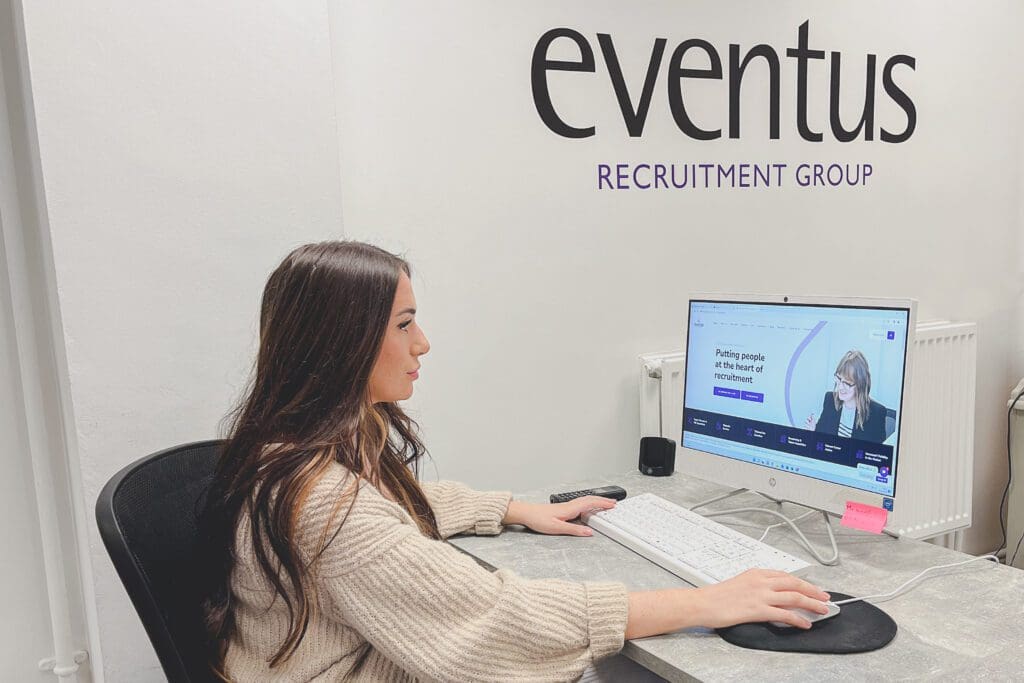First of all, what is upskilling?
Upskilling refers to a workplace trend in which employees learn new on the job skills. This can be through things such as training programs and development opportunities. Doing so, the skill gap in a workplace can be minimised to fulfil current and future demands.
So, why is upskilling so important?
Let’s rewind to 2020 when the world went a little bit skewed and we had to change the way we work. Many of us were working in the office pre-pandemic, collaborating with colleagues face-to-face. Once the lockdown hit we had to learn how to collaborate and meet virtually. Something many of us hadn’t previously done.
We adapted and although this is an extreme example, many changes mean businesses and employees need to adapt in order to thrive. Sometimes even survive.
It’s important to understand the skills you need within your firm and evaluate which of those are covered and which aren’t. You can then mitigate the loss of certain skills due to illness, progression, retirement or changes in work activities.
What are the benefits of upskilling?
Let’s think about the recruitment market and how competitive this is in the legal sector. It’s a candidate-driven market with some disciplines being particularly difficult to recruit for. Therefore, if you have skill gaps within these disciplines in your business, attracting candidates can be very time-consuming and expensive.
By upskilling or reskilling employees who are committed and keen to develop, helps prevent these skill gaps from appearing. Additionally, it also boosts morale, and demonstrates to your team that you are investing in them. Ultimately, supporting your staff retention.
Many of our candidates cite that there’s a lack of development or progression with their current firm. This is one of the main reasons cited for considering new opportunities. Upskilling your existing employees shows how much your team are valued and that you are committed to developing them professionally.
The culture and values of a business have become more important to employees and candidates over recent years. Developing a culture of agility and growth demonstrates the value you place on individuals.
Ways to Upskill your Workforce
There are a variety of approaches for upskilling your team. Consideration needs to be given with regard to the individuals, their career aspirations and the current and potential future skills gaps.
Some members of the team won’t necessarily be looking for specific development or progression within their role. Whereas others will embrace the opportunity to learn and grow in their role.
What are the current skills gaps? What are the potential gaps in the future? Do you have anyone in the team who is likely to progress leaving you with a succession issue or even retirement? Do you only have one member of the team with a particular skill set that could make your firm vulnerable if they were to leave? All these considerations will help you to recognise and plan ahead.
So what methods can you use to upskill your team?
Online Courses and Formal Qualifications
This could be ad-hoc, one-off courses to help with particular skills or longer-term courses that require attendance on a regular basis.
CILEX, apprenticeships or professional courses can be a fantastic route for those who are looking to progress further and can be carried out whilst working. Furthermore, the Government and Local Authorities are currently offering part-funded apprenticeships and courses, aimed at up-skilling workers. These go right up to degree level.
If your employees are desk based there are plenty of courses to enhance their skills and make their day-to-day jobs earlier. For example, Word, Excel, PowerPoint, InDesign, Photoshop to name a few. Giving your employees the opportunity to complete courses like these, will provide them with the skills to take on new projects with their job. In some cases, it will provide them with the confidence to take on additional responsibilities within the business.
Mentoring
Buddying up with a mentor can be beneficial, especially when it comes to softer skills or learning key processes. There are also mentoring courses for people within business who you would like to take up these positions.
Shadowing
Another way to upskill employees is to provide opportunities to work in other departments and learn from colleagues with different experience and skills. This is particularly useful for junior staff, who are starting out in their career.
From a business perspective it is useful in cases when one department is overly busy. As it means that staff in other departments can step in to help, to meet business demand and prevent unnecessary stress.
Create your own training programme
By devising your own training programme or taking on apprentices can help people to enter your industry. Breaking into new industries can be very difficult and those who want to move industries are often extremely determined and dedicated to upskilling. So, by creating a training programme for people with transferable skills will help your future employees to upskill and provides with you a driven workforce. Also, this method can be tailored to your business, allowing you to build a workforce with the skills you need.
Offer CSR Days
By offering paid CSR days to your employees allows them to upskill by trying new things outside of their work. All whilst giving back to the community.
Upskilling your workforce will help to ensure that you have a competitive edge and a team of highly motivated and skilled employees. Consider each individual’s career pathways to upskill and fill skill gaps to the team’s best advantage.
Written by Nikki Phillips, Senior Recruitment Consultant for all Legal roles across the North West and Wales.
About The Eventus Recruitment Group
If you would like further advice on upskilling your workforce, retention and recruitment strategies, we have a team of specialists who are always happy to help. Click here to contact us or email info@eventuslegal.com.
We are award-winning recruitment specialists in the Legal, HR, Finance and Accountancy sectors, who go above and beyond traditional recruitment by offering an all-round consultancy service. Including, tailored specialist advice to enhance job searches, recruitment and retention strategies.

